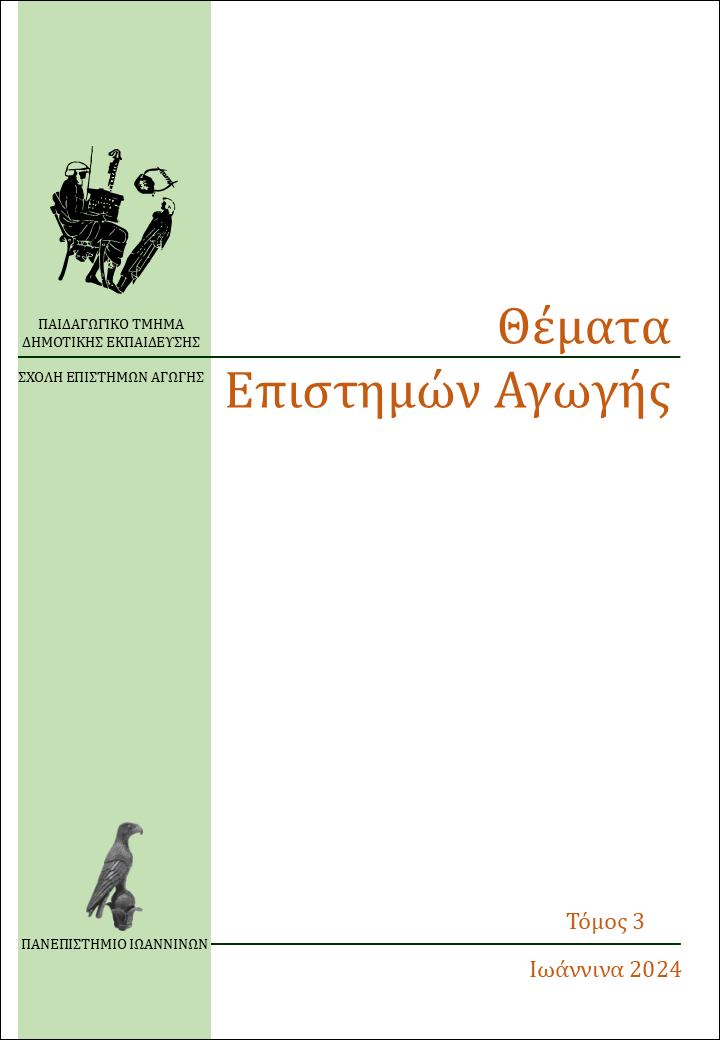Ιστορική διερεύνηση και ανάπτυξη ιστορικών και ψηφιακών δεξιοτήτων. Μία έρευνα δράση με τη συμμετοχή εκπαιδευτικών και μαθητών σχολικής ηλικίας
Résumé
Η ανάπτυξη της ιστορικής σκέψης και της ιστορικής συνείδησης αποτελούν κύριους στόχους της σύγχρονης ιστορικής εκπαίδευσης. Τα προγράμματα σπουδών της ιστορίας στο ελληνικό δημοτικό σχολείο σκιαγραφούν για τους μαθητές έναν λιγότερο συμμετοχικό ρόλο και οι μεθοδολογικές προσεγγίσεις εστιάζουν περισσότερο στη δηλωτική από τη διαδικαστική γνώση. Η ιστορική διερεύνηση (historical inquiry) ως μεθοδολογική προσέγγιση είναι δυνατό να ενθαρρύνει την ενεργητική συμμετοχή των μαθητών στη δημιουργική σύνθεση της ιστορικής γνώσης. Μπορεί να συμβάλει στην κριτική αναστοχαστική προσέγγιση του παρελθόντος αναγνωρίζοντας νέες συνδέσεις με το οικείο παρόν. Στην περιγραφόμενη έρευνα εξετάζεται η δυνατότητα εφαρμογής διαφορετικών τύπων ιστορικής διερεύνησης στη διδασκαλία της ιστορίας και ειδικότερα η έρευνα επιβεβαίωσης, η δομημένη, η κατευθυνόμενη/καθοδηγούμενη και η ανοιχτού τύπου έρευνα. Αναδεικνύονται σημαντικά ευρήματα που αφορούν στην αποτελεσματικότητά τους για την ενίσχυση του ενδιαφέροντος των μαθητών της πρωτοβάθμιας εκπαίδευσης για την ιστορική μάθηση και την ανάπτυξη ιστορικών και ψηφιακών δεξιοτήτων.
Article Details
- Comment citer
-
Βλαχάκη Μ. (2024). Ιστορική διερεύνηση και ανάπτυξη ιστορικών και ψηφιακών δεξιοτήτων. Μία έρευνα δράση με τη συμμετοχή εκπαιδευτικών και μαθητών σχολικής ηλικίας. Θέματα Επιστημών Αγωγής, 3(1), 1–27. https://doi.org/10.12681/thea.38607
- Numéro
- Vol. 3 No 1 (2024)
- Rubrique
- Επιστημονική Αρθρογραφία



